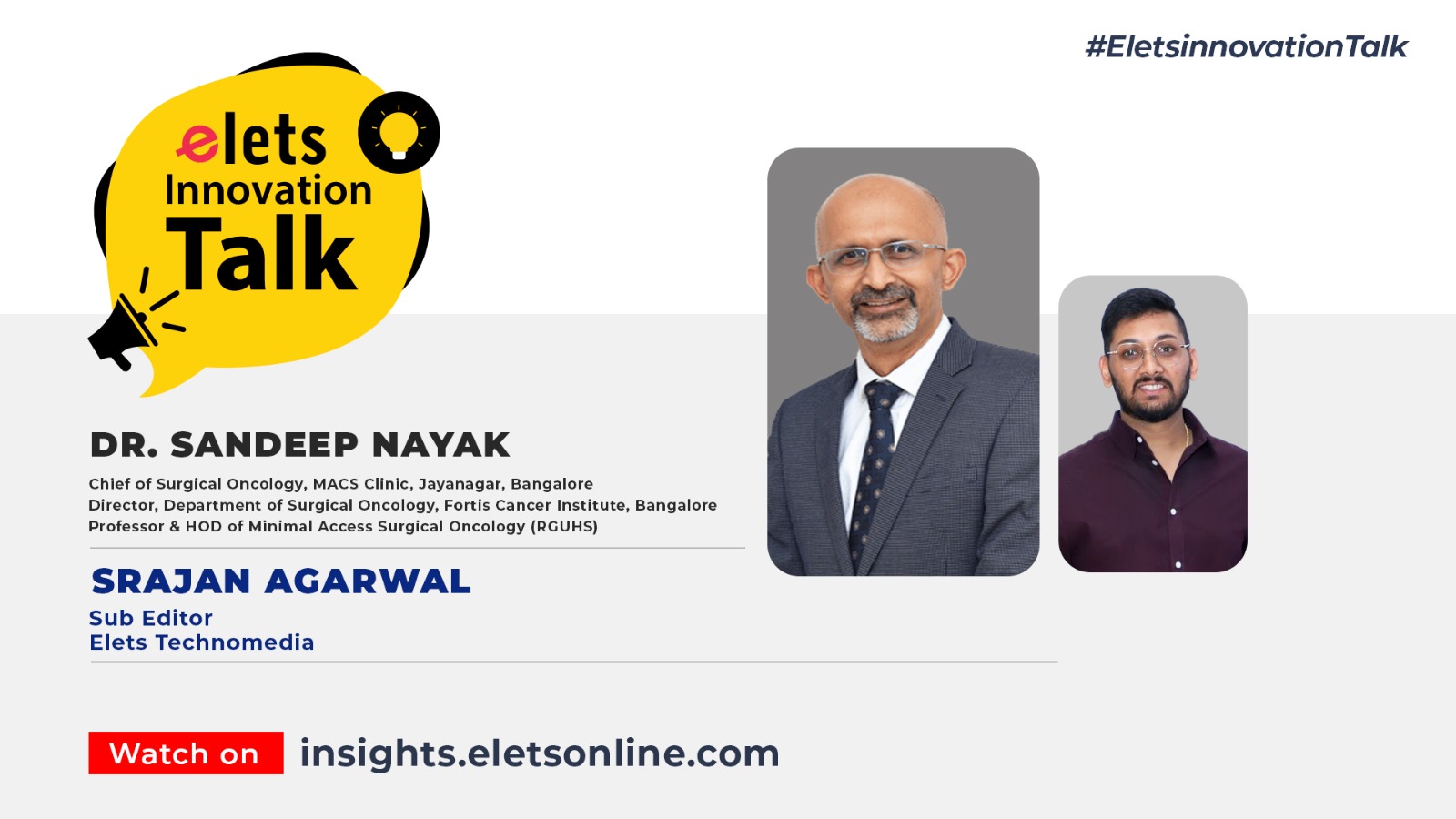How Open Banking and Regulatory Landscape Led to an Open and Collaborative Payments in Hybrid World
While addressing a panel discussion during the recently concluded Elets BFSI Gamechanger Summit, Goa, bankers from leading institutions unravelled the role of Open Banking in India’s BFSI landscape.
Panel Discussion – NextGen Transactions: How Open Banking and Regulatory Landscape Led to Open and Collaborative Transactions in Hybrid World
Beginning the discussion, Gautam Anand, Head Net & Mobile Banking, Bill & Direct Pay, HDFC Bank talked about the present state of formal banking across the world.
He said, “According to the World Bank, around 2.5 billion people in the world do not use any formal financial sector. This is 75 percent of the total population of the world. But there are countries like Spain where 98 percent have access to basic banking. So there is a huge paradigm shift between the world as a number and few developed countries.”
“Post demonetisation, we have also seen a huge shift in the payments domain with a boost in the number of transaction, customers coming in. We started off late but caught up in a big way,” he added.
In the open banking space or broadly in the payments space, there are three issues that we have. Anand raised three questions for the panel that are currently surrounding the application of Open Banking in the country
Is it really safe?
From a customer’s point of view, is it really safe to have your cards, CVV number put on an app or browser page and most e-commerce sites will also save your details? Is it safe to do that? And also from the bank’s point of view, if we are really collaborating with a lot of Fintechs as their open source and we open our APIs for them. Is it really safe because we have seen in the recent past some instances that are not too healthy?
Are we complying with the data privacy requirements?
Is our society really ready for Open Banking especially point of view?
With great trust, comes greater responsibility -Ritesh Pai, Group President & Chief Digital Officer, Yes Bank
Historically if you see payments in India was something that we were just blindly copying from the west. If you look at the way prepaid, debit, credit, PoS, payment gateway…these originated in the west and we were the followers. But off let the trend is changing…post demonetisation the kind of off swing that we have seen. It has at least fast track the development by three to four years. Otherwise, we would have taken a few more years at a very organic.
But now we have many homegrown payment systems that we can take pride in while it is restricted to the local jurisdiction. We all know that prior to demonetisation, only five percent of the transactions in the country was happening via electronic mode.
Cash is the real enemy out here. There is so much more to do there is so much more market to be captured. And that’s where we feel that banking as a service is going to be a reality and that was our first step when we started our open banking or API banking concept. The whole idea was that why can’t we make payments incidental to the entire set of transactions.
Earlier we used to try and make the payments piece sound very complex and because of which people were very reluctant to use it. But because of API banking went we go ahead and tied up with lot many entities like NBFCs, food aggregators, merchant aggregators, cab aggregators, business correspondents, and start-ups.
For e.g, if someone is booking a cab and paying for it, the payment is incidental. Customers are very happy with these kinds of services. So these companies need bank’s support at the background to run these services.
To answer the security concern, I would like to modify the saying from the movie the Spiderman “With great power, comes greater responsibility” to “with great trust, comes greater responsibility”. These are make or break moments for any person who wants to come into the electronic mode of banking.
One bad experience and this guy will never ever come back to this mode of payments.
Proceeding ahead, Gautam from HDFC Bank raised the concern on the challenges associated with India and its diversification.
Click here for Latest Updates: https://bfsi.eletsonline.com/
Like us on:
Facebook – https://www.facebook.com/BFSIPost/
Follow us on:
Twitter – https://twitter.com/BFSIPost
Instagram – https://www.instagram.com/elets_bfsi/
Pinterest – https://in.pinterest.com/elets_bfsi/
Connect with us on:
LinkedIn – https://in.linkedin.com/in/bfsipost
#BFSIGamechanger






